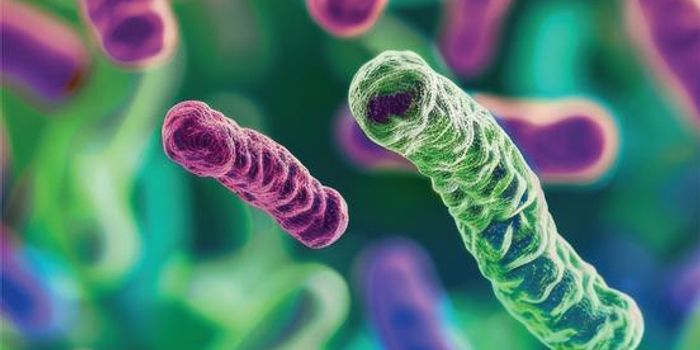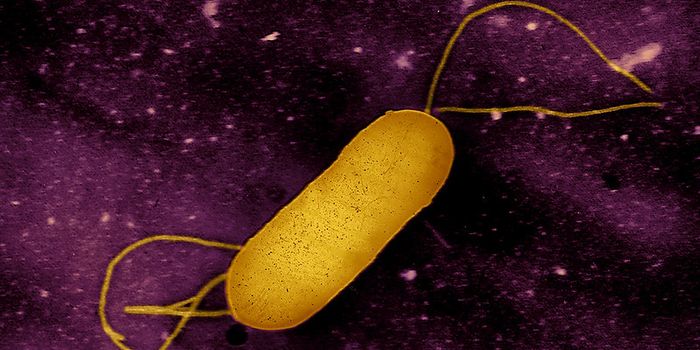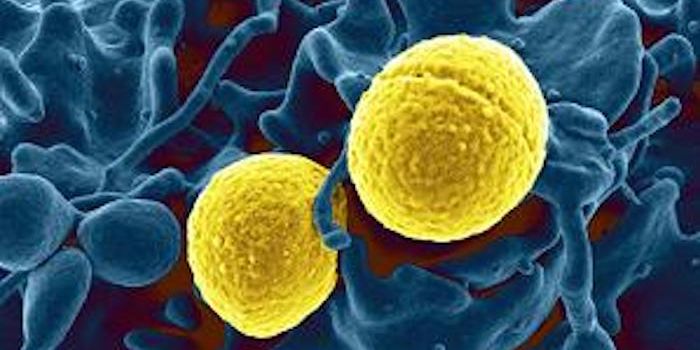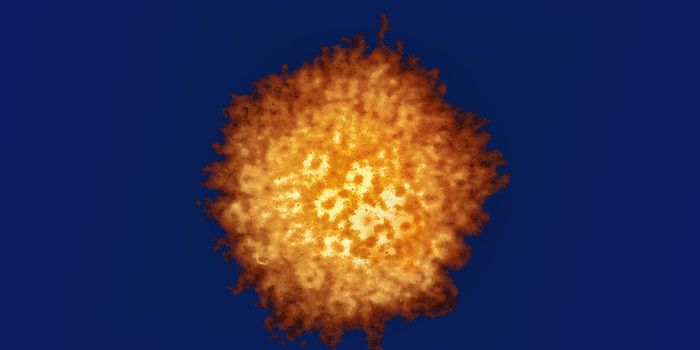Patient Dies After Fecal Transplant
Fecal transplants are still considered an experimental procedure, a fact highlighted by two recent infections that occurred after patients got the treatment. One of those patients died. The Food and Drug Administration (FDA) has issued a warning about the procedure.
The gastrointestinal tract plays host to a vast group of microbes that play a critical role in the health of an organism. This gut microbiome has been under study in recent years and has been linked to a wide variety of disorders. Studies have indicated that a lack of diversity in the microbiome or an absence of beneficial microbial strains are associated with disease.
In many cases, it’s not yet known whether the disease proceeds the conditions in the gut microbiome, or if the microbes contribute in some way to the development of disease. But when a strong course of antibiotics has to be used to treat a Clostridium difficile infection, the gut flora often suffer serious consequences. If an antimicrobial therapeutic destroys many of the microbes in the gut, it can give nasty bacteria a chance to get a toehold.
Fecal transplants have been used therapeutically to restore an unhealthy microbiome with good microbes from a healthy donor. They have typically been administrated as enemas or through special oral preparations.
The patients that recently got infections after a fecal transplant were part of a trial. They got the therapy from the same donor, and both developed serious multidrug-resistant Escherichia coli infections. The drug-resistant E. coli was then identified in the donor stool, which had not been checked for drug-resistant pathogens prior to its use.
The FDA has stressed that fecal transplants should only be considered after people have experienced infections from Clostridium difficile, who aren’t responding to standard therapies. They have also instituted new guidelines after this event.
However, people are using social media to attempt this treatment at home for whatever they think it might be useful for. Unfortunately, we still have a lot to learn about the many bacteria that reside in the human gut, and what impact they might have on different people. A 2016 study in PLOS One found that adverse events associated with fecal transplants were not rare - they occurred in almost ten percent of cases, and sometimes ended in death.
“Patients considering FMT [fecal microbiota for transplantation] to treat C. difficile infection should speak to their health care provider to understand the potential risks associated with the product’s use,” said the FDA in a statement.









